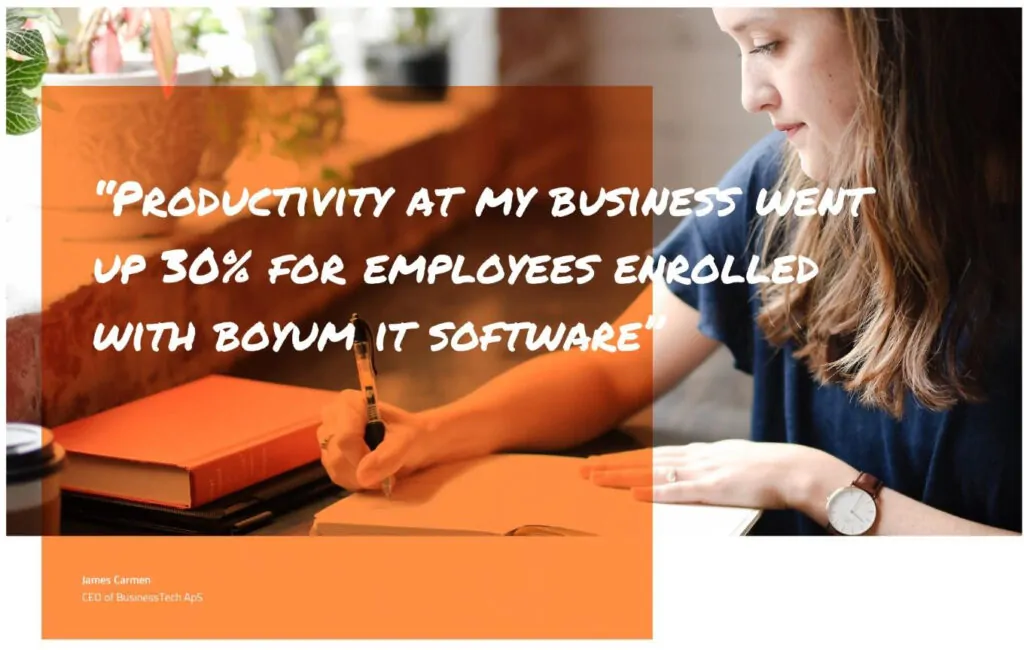The current COVID-19 pandemic has been a turning point for many businesses. From the lockdowns a few months ago to finally beginning to return to a normal rhythm today, the impact of this health crisis is slowly unfolding before our very eyes. More specifically, two distinct classifications are forming when it comes to small and medium-sized manufacturers and distributors – the ones that adapted, and the ones that didn’t.
We’ve seen a wave of new challenges hit every industry as business owners struggle to make sense of their new reality. Small and medium-sized businesses that hadn’t already invested in ERP software found it much more difficult to shift their processes quickly.
Here are three ways fully integrated ERP solutions have helped businesses adapt during a global crisis:
Rapid Changes to Production Processes
While many operations can be easily managed remotely, manufacturing typically isn’t one of them. COVID-19 posed a unique challenge as it forced many manufacturers to rethink the way they handle their production processes. What previously took a whole floor of employees to execute suddenly needed to be pared down to the bare minimum necessary to operate. This abrupt change was overwhelming for many businesses that didn’t have the processes in place to handle such a pivot.
Sagamore Spirit, a whiskey distillery, pivoted their products to hand sanitizers early in the pandemic. They needed to adjust their supply chain logistics as suppliers and ingredients changed almost overnight. To make matters worse, their staff was reduced by 70%. They couldn’t have accomplished this shift successfully without implementing ERP software, specifically SAP Business One.
“We partnered with Johns Hopkins Medicine to produce sanitizer and set a company goal to fully supply their organization of approximately 30,000 employees, and we were shipping within 10 days,” said Drew Thorn, VP of Operations at Sagamore Spirit. “SAP Business One provided the foundation to fold in a whole new set of vendors, completely new ingredients, packaging materials, production process and recipes overnight. From there, we were able to understand our costs, set up and invoice new customers, manage inventory and update reporting.”
Sudden Shifts in Demand
As one can expect from a global pandemic, demand patterns will fluctuate dramatically. What may have been a steady industry in the past could see sharp increases or decreases in demand at a moment’s notice. Manufacturers who weren’t adequately prepared to adapt to those changes found themselves playing catch up over the last few months. Once again, ERP systems like SAP Business One delivered for those who invested in them pre-pandemic.
Needing to make major adjustments to their production schedules, many owners were left scrambling for answers. “When you experience sudden, overwhelming business shifts like this, your processes and systems become your saving grace,” explained Karleigh Jackson, director of marketing at Ellsworth Foods.
Ellsworth Foods saw a sudden increase in demand for the all-natural foods they distribute across the southeastern United States.”We knew exactly how many items we needed to pull in to handle what was already sold,” Jackson said. “Then it even allowed us to forecast orders, so we could start getting ahead of inventory needs. Imagine trying to do that without a system to help you when your business has more than doubled, but SAP made it so we could.”
Remote Production Monitoring in Real-Time
Production monitoring is the third area where ERP systems made a difference during the pandemic. As we all know, regular monitoring is a major part of the manufacturing process. It’s the glue that holds everything together and impacts aspects ranging from quality control to disaster prevention. But how do you continue these practices when most employees can’t even be on-premises anymore?
Businesses with fully integrated ERP software had the answer available to them the whole time. Their ERP software empowered employees to work from home while keeping production on track. With remote access, front office employees had the freedom to work from home while maintaining full visibility of the business processes necessary to coordinate with customers and suppliers.
Managing a production floor remotely was not possible until the digital age, and could not be accomplished efficiently without the support of manufacturing ERP systems. Precise work scheduling, equipment monitoring, and real-time quality control and maintenance reporting reduce the number of on-site floor staff necessary to maintain productivity.
Ready to take the next step but don’t know where to start? Let our expert senior consultants help you define and implement the ERP solution for your business.
At Attivo, we understand how much the pandemic has impacted small to midsize manufacturers and distributors. Our experienced team can help your company evaluate its processes and implement an integrated ERP system tailored to meet its needs. If you’re tired of wasting time, money, and effort on manual inventory management systems, transitioning to fully integrated ERP software may be the right solution for you.
We have helped countless organizations just like yours reach their goals year after year. If you have questions about implementing ERP software like SAP Business One, contact us online to schedule a complimentary analysis or give us a call at 877-428-8486.





















